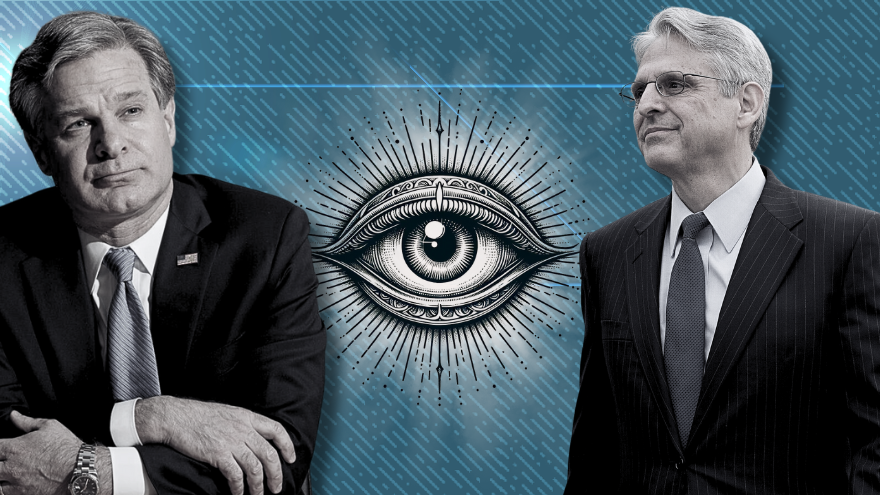The issue of whether the practice is legal has been a primary concern in the fight over whether to renew Section 702, which allows warrantless data searches. During an April 10 luncheon at an event hosted by the American Bar Association and broadcast online, Wray stated, “Now, contrary to what a lot of folks are saying about the constitutionality and legality of U.S. person queries, the law and the Fourth Amendment simply do not require a warrant in order for the FBI to query 702 data.” Reassuring attendees and remote watchers, the FBI head continued, “You don’t take my word for it. Multiple federal district courts and appellate courts have considered the issue and no court has ever held that a warrant is required for the FBI to conduct U.S. person queries to blind ourselves from information that’s already lawfully in our holdings.” However, according to a Biden administration memo circulated in the morning hours of April 12, the Constitution does in fact prohibit such searches. “Requiring a warrant would impose dangerous limits on the ability to review critical intelligence on key threats, including terrorist threats to the Homeland, fentanyl supply chains bringing deadly drugs into American communities, Russian war crimes, and hostile governments’ recruitment of spies,” the memo states. In direct opposition to Wray’s remarks, the memo continues, “The Constitution bars U.S. Officials from querying lawfully-collected Section 702 data to find communications of an American, except in extraordinary limited and unworkable exceptions.” The memo was circulated to congressional members ahead of an expected vote on an amendment drafted by Rep. Andy Biggs (R-Ariz.), which seeks to mandate that federal authorities obtain warrants to conduct searches of Americans’ data. The Biggs amendment failed after the House Speaker cast a deciding vote against the legislation, following a tied 212-212 vote.Less than 48 hours after FBI Director Christopher Wray said that the practice of searching Americans' data under Section 702 of the Foreign Intelligence Surveillance Act (FISA) is constitutional, the Biden administration issued a memo stating the opposite.
Loading...
Loading...
The House voted 273-147 to reauthorize FISA 702 authority, which effectively allows warrantless spying on U.S. Citizens to continue.